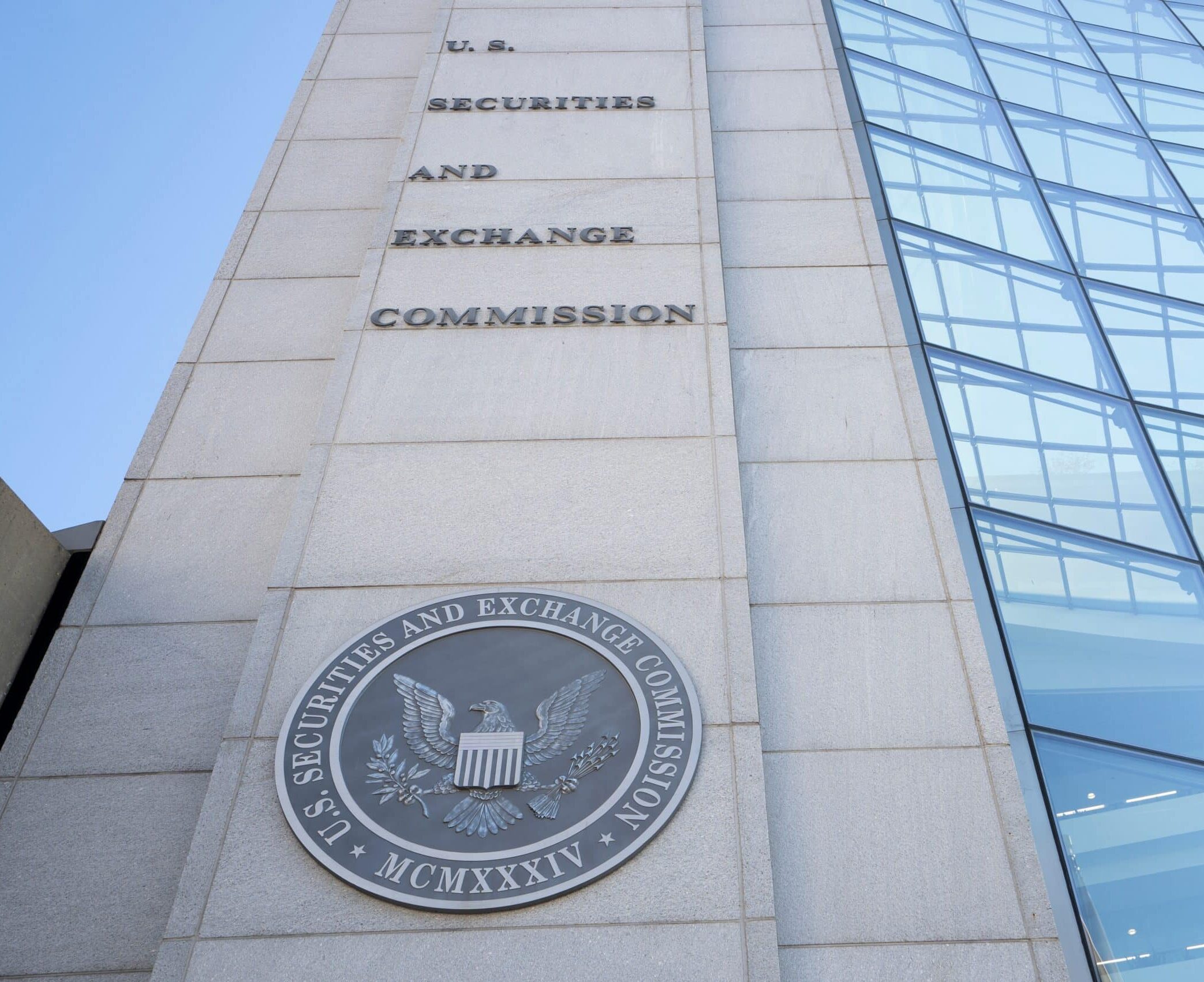The United States District Court for the Southern District of New York has rejected Coinbase’s motion to dismiss the Securities and Exchange Commission’s (SEC) charges against it. This pivotal decision not only escalates the legal confrontation between the cryptocurrency exchange and the regulatory agency but also signals a crucial moment for regulatory oversight in the industry.
In its ruling, the court agreed that the SEC had brought sufficient evidence to advance its case to court. Specifically, the court determined that transactions involving at least some of the 12 specified crypto assets named in the complaint— SOL, ADA, MATIC, FIL, SAND, AXS, CHZ, FLOW, ICP, NEAR, VGX, and DASH—could be considered investment contracts, thus qualifying as securities under federal law.
Read more: Gensler’s Gamble: SEC Targets Ripple With $2 Billion Fine in High-Stakes Enforcement Push
Coinbase had sought dismissal of the SEC’s comprehensive enforcement action, which charged the company with operating its crypto asset trading platform as an unregistered national securities exchange, broker, and clearing agency, as well as for failing to register its staking-as-a-service program. The SEC alleged that Coinbase unlawfully earned billions since at least 2019 by intertwining services typically distinct in regulated markets without the requisite registrations.
However, the court found the SEC’s allegations regarding Coinbase’s Wallet service insufficient to classify it as engaging in broker activities, a nuanced distinction that nevertheless does not impede the case’s advancement.
Read more: SEC Investigating Ethereum Foundation Regarding Proof-of-Stake Transition: Report
When reached for comment, an SEC spokesperson told Unchained:
We’re pleased that yet another court has confirmed that, while the term ‘crypto’ may be relatively new, the framework that courts have used to identify securities for nearly 80 years still applies. It’s the economic realities of a transaction, not the labels, that determine whether a particular offering constitutes a security. When intermediaries fail to register and comply with the securities laws, they deprive investors of critical protections, including safeguards against fraud and manipulation, the commingling of customer assets, and conflicts of interests. Importantly, registration also brings with it oversight by a self-regulatory organization and routine inspection by the SEC. When intermediaries don’t register, it’s investors who get hurt and the American financial markets that suffer. We will continue to protect investors against risks in the crypto markets when, as here, the securities laws are implicated.”
Coinbase’s chief legal officer Paul Grewal said the decision was not unexpected, writing on X that “early motions like [Coinbase’s] against a government agency are almost always denied,” and that the firm was confident in its legal standing.
Today, the Court decided that our SEC case will move forward on most of the claims, but dismissed the claims against Coinbase Wallet. We were prepared for this, and we look forward to uncovering more about the SEC’s internal views and discussions on crypto regulation. 1/6
— paulgrewal.eth (@iampaulgrewal) March 27, 2024
Grewal also wrote that Coinbase was “prepared” to proceed with “uncovering more about the SEC’s internal views and discussions on crypto regulation” at trial. Jake Chervinsky, who sits on the board of the DeFi Education Fund, commented on Grewal’s response in his own X post, writing: “For the non-lawyers: ‘we look forward to uncovering more about the SEC’s internal views and discussions’ roughly translates to ‘we’re about to light them up in discovery’.”
We're lucky to have @iampaulgrewal leading such a crucial case, for Coinbase and the entire industry 🙏
For the non-lawyers: "we look forward to uncovering more about the SEC's internal views and discussions" roughly translates to "we're about to light them up in discovery" 🍿 https://t.co/R06YBmHU2Z
— Jake Chervinsky (@jchervinsky) March 27, 2024
Background of the Case
The legal confrontation between the SEC and Coinbase is a pivotal episode in a broader regulatory campaign to bring the burgeoning cryptocurrency industry within the bounds of established securities laws. This case is unfolding against the backdrop of similar enforcement actions by the SEC against several major industry players, including Binance, Kraken, and more.
SEC Chair Gary Gensler has remained adamant during his time in office that most digital asset tokens fall squarely under US securities law. While there are some that appear to remain unsettled even in the Commission’s eyes—notably Ethereum—the SEC considers most tokens within its purview of enforcement. After today’s ruling, it will get to make its case in court.
Despite the partial victory for Coinbase regarding its Wallet service, the case will proceed to court, with the SEC’s main allegations still standing. This ongoing legal battle is set to scrutinize Coinbase’s operations in detail, particularly focusing on the specific tokens involved in the original suit.
The crypto community has been keenly watching this case, understanding its potential to shape the regulatory framework for digital assets significantly. As the lawsuit advances, it promises to be a landmark case, with wide-ranging implications for the crypto industry and its stakeholders.
Update: This article was updated at 1:15 ET to include additional comment from an SEC spokesperson.
CORRECTION (March 29, 2024 1:50 p.m. ET): A previous version of this story incorrectly stated that the status of NEXO would be considered in this case; however, since the complaints regarding Coinbase Wallet have been dismissed, NEXO is no longer implicated as the case proceeds to discovery.



